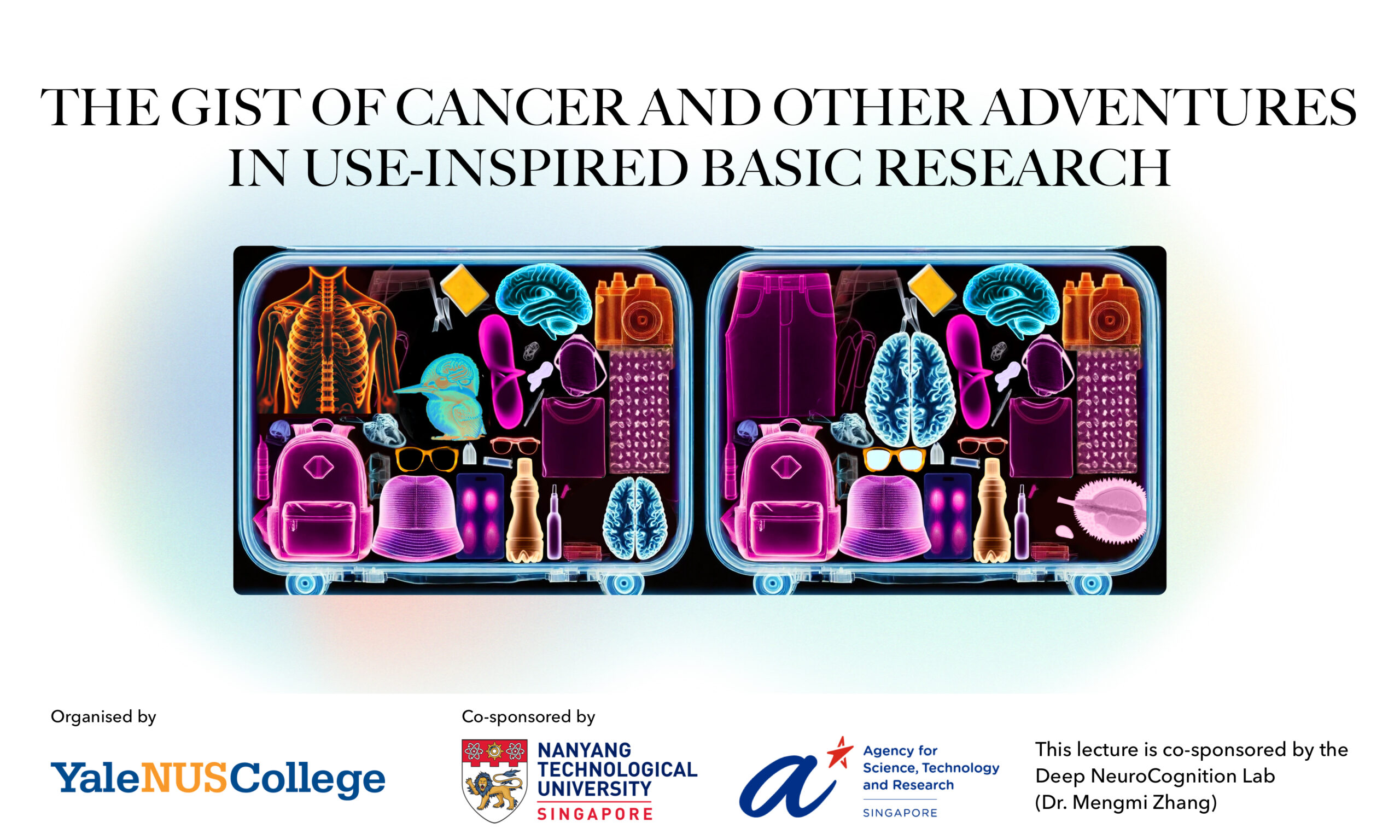


We frequently perform visual searches (Where is the cat? Where is the light switch?). Some of those search tasks are more consequential than others (Is there a tumour in this mammogram? Is there a weapon in that carry-on bag at the airport?). Use-inspired basic research can teach us new facts about visual attention in general and may help improve performance in specific real-world tasks.
The talk will consider three cases. First, radiologists sometimes intuitively feel there is something wrong in an image before they actually locate any problem. Is this feeling something real? Is there really a gist of cancer that an expert can assess in the blink of an eye? Research shows that global signals can be detected and might be clinically useful. Second, many radiologic exams generate 3D volumes of image data (e.g. the stack of images generated for a lung CT exam). How do radiologists effectively search through a stack of images, which is different from searching a 2D image or looking around the 3D world? By using eye tracking methods, we can observe radiologists’ different strategies and ask if one strategy is better than another. Finally, tasks like airport security screening and breast cancer screening are searches for targets that are very rare, i.e. low prevalence. Research shows that low prevalence induces us to miss targets. Why? And what can we do about this? Will artificial intelligence save us?
This lecture is organised by Yale-NUS College, and co-sponsored by the Nanyang Technological University, the Agency for Science, Technology and Research, and the Deep NeuroCognition Lab.
About the speaker
Jeremy M Wolfe, PhD
Professor of Ophthalmology and Radiology, Harvard Medical School;
Visual Attention Lab, Department of Surgery, Brigham & Women’s Hospital
Jeremy Wolfe, PhD, is Professor of Ophthalmology and Professor of Radiology at Harvard Medical School and Director of the Visual Attention Lab at Brigham and Women’s Hospital in the Department of Surgery. Prof Wolfe received an AB in Psychology in 1977 from Princeton and his PhD in Psychology in 1981 from MIT. His research focuses on visual search and visual attention with a particular interest in socially important search tasks in areas such as medical image perception (e.g. cancer screening), security (e.g. baggage screening), and intelligence. This research has been funded at different times since 1982 by the National Institutes of Health (National Eye Institute, National Institute of Mental Health, National Cancer Institute), the National Science Foundation, the Air Force Office of Scientific Research, the Office of Naval Research, and the Army Research Office, Homeland Security, and the National Geospatial Agency as well as by IBM, Google, Toshiba, Hewlett-Packard, & GE. Prof Wolfe taught Introductory Psychology and other courses for 25 years, mostly at MIT. He has served as Past President or Chair of the Federation of Associations in Behavioral and Brain Sciences (FABBS), the Psychonomic Soc, APA Division 3, Eastern Psychological Assoc, NAS Panel on Soldier Systems. He has served on the Governing Boards of the Vision Sciences Society, APA Div 1 and 6. He was Founding Editor-in-Chief of Cognitive Research: Principles and Implications (CRPI), the newest Psychonomic Society journal, and Past-Editor of Attention, Perception, and Psychophysics. He also serves on the Board of the North American Board of the Union for Reform Judaism. He was elected to American Academy of Arts and Sciences in 2019.
About the moderator
Christopher L Asplund, PhD
Associate Professor of Social Sciences (Psychology), and Head of Studies, Psychology, Yale-NUS College
Associate Professor Christopher L Asplund received his A.B. in Psychology (Cognitive) from Princeton University (2003) and his PhD in Integrative and Cognitive Neuroscience from Vanderbilt University (2010). He then moved to Singapore, joining Duke-NUS as a research fellow in 2010. He participated in the inaugural year of Yale-NUS development and then joined the faculty in 2013. Assoc Prof Asplund serves as Head of Studies, Psychology. His research focuses on attentional control and its relationship to consciousness, seeking to understand “normal” human function and experience as well as their variety and potential.



